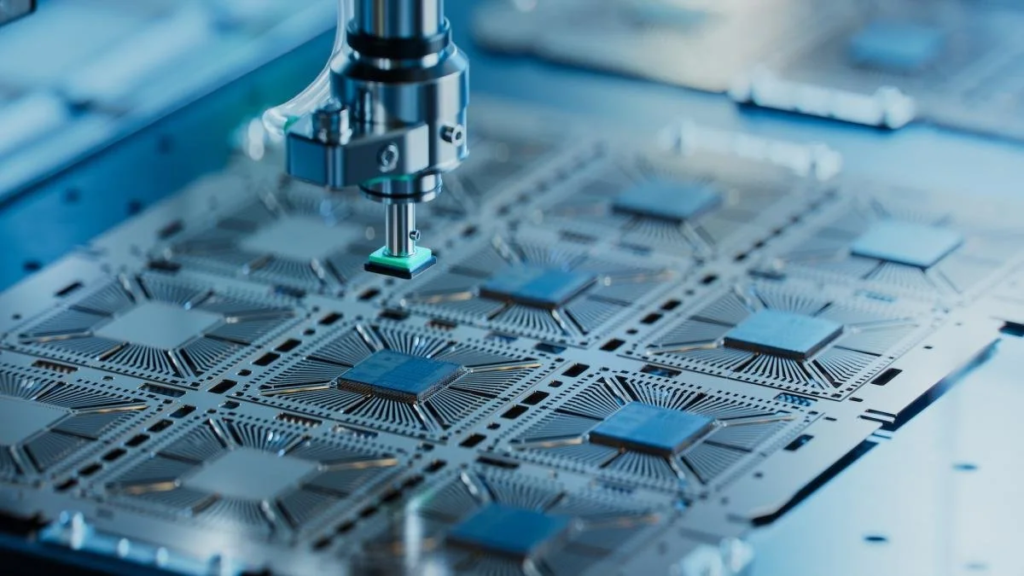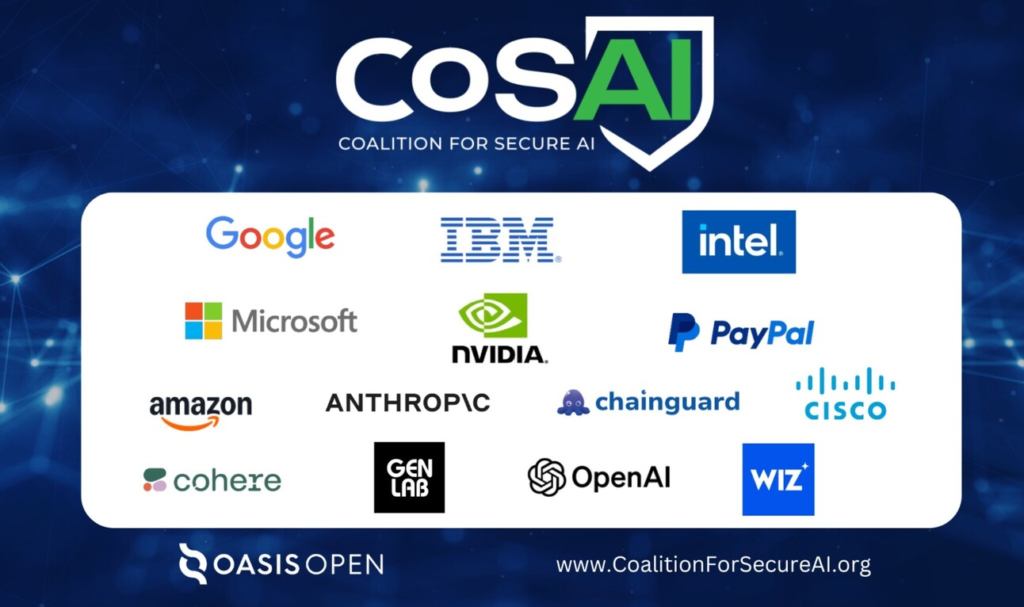
Happy Monday, AI Enthusiasts!
In today’s edition:
- OpenAI’s Develops Custom AI Chips to Combat GPU Shortage
- Big Tech Unites for AI Safety: Google, Amazon, and More Form CoSAI
- Groq’s Llama Model Sets New Standard, Beats GPT-4o
- Nvidia’s ‘B20’ Tackles U.S. Export Controls
- – Naseema Perveen
WHAT CAUGHT OUR ATTENTION MOST
OpenAI’s Develops Custom AI Chips to Combat GPU Shortage

OpenAI is potentially venturing into developing its own AI chips to mitigate GPU shortages and high costs. This move, led by CEO Sam Altman, aims to reduce reliance on Nvidia’s GPUs and improve control over computing performance for their AI models like ChatGPT and GPT-4.
Efforts to develop these custom AI chips are already underway, although production is not expected until 2026 at the earliest. OpenAI has hired former Google employees who previously worked on the tensor processing unit (TPU). By creating custom chips, OpenAI will gain greater control over model training, computing speeds, and infrastructure, potentially disrupting Nvidia’s dominance in the AI hardware market.
This shift will likely allow OpenAI to optimize its hardware specifically for its models, offering better performance and efficiency. It also positions them to support major partnerships, such as their recent collaboration with PwC, with more tailored and scalable solutions. Overall, this development places OpenAI in direct competition with Nvidia, potentially transforming the landscape of AI hardware and accelerating advancements in AI technology.
PRESENTED BY TWILIO SEGMENT

What can Good Data – Segment do for you? Twilio Segment helps every team access good data. Data that’s real-time, clean, and accurate. The result? Relevant customer experiences that drive real revenue.
Segment helps 25,000+ companies turn customer data into tailored experiences. With customer profiles that update in real-time, and best-in-class privacy features – Segment’s Customer Data Platform allows you to make good data available to every team.
KEEP YOUR EYE ON IT
Big Tech Unites for AI Safety: Google, Amazon, and More Form CoSAI

Google has launched the Coalition for Secure AI (CoSAI) to enhance AI security measures. This builds on their Secure AI Framework (SAIF) and emphasizes collaboration to keep pace with AI’s rapid growth. Key tech companies like Amazon, IBM, Microsoft, NVIDIA, and OpenAI have joined this initiative to create open-source solutions for AI security.
CoSAI aims to invest in AI security research, share best practices, and develop open-source solutions for secure AI development and deployment. CoSAI will operate under OASIS Open, an international standards and open source consortium. This initiative highlights the importance of collective action in securing AI technologies.
Key mission include:
- Software Supply Chain Security for AI Systems
- Preparing Defenders for a Changing Security Landscape
- AI Security Governance
Groq’s Llama Model Sets New Standard, Beats GPT-4o
Groq has introduced two open-source language models that outperform major tech competitors. The Llama-3-Groq-70B-Tool-Use model leads the Berkeley Function Calling Leaderboard (BFCL), beating OpenAI, Google, and Anthropic models.
Rick Lamers from Groq stated: “Our Llama 3 Groq Tool Use 8B and 70B models top the BFCL, surpassing proprietary models like GPT-4 Turbo and Claude Sonnet 3.5.”
The 70B model achieved 90.76% accuracy, while the 8B model scored 89.06%. Developed with AI firm Glaive, these models used synthetic data, challenging the need for large real-world datasets.
These models promise advances in automated coding, data analysis, and interactive AI applications, and they are available via the Groq API and Hugging Face.
Nvidia’s ‘B20’ Tackles U.S. Export Controls
Nvidia is working on a new version of its “Blackwell” AI chips to comply with U.S. export restrictions for the Chinese market. The updated chip, potentially named “B20,” is set to be released later this year and is expected to be significantly faster than previous models.
Nvidia will collaborate with Inspur, a major Chinese distributor, for the launch. This move comes as the U.S. tightens semiconductor export controls to China, aiming to limit advancements that could benefit China’s military.
China represented about 17% of Nvidia’s revenue for the year ending January, down from 26% two years ago. Despite initial slow sales of Nvidia’s H20 chip, demand is picking up, with projections to sell over 1 million units in China this year.
ICYMI
- This week OpenAI Launched a Budget-Friendly, Smarter GPT-4o Mini.
- Mistral Launches Two New Models for Math and Coding.
- Mistral and NVIDIA Release Compact Model Tailored for Enterprises.
- Apple Open Sources Small Models Outperforming Mistral-7B.
- Google Unveils Project Oscar: An AI Framework to Revolutionize Software Maintenance.
- Netskope Integrates OpenAI’s ChatGPT to Strengthen Data Governance.
- AI Breakthrough: 82% Accuracy in Predicting Alzheimer’s from Cambridge.
MONEY MATTERS
- Alphabet, Google’s parent company, is expected to report double-digit growth for Q2 2024.
- By 2026, the US AI market is forecast to reach $299.64 billion.
- By 2030, the global AI market is expected to reach $1.81 trillion.
- Business executives observe a 15.2% revenue boost due to this genAI application.
LINKS WE’RE LOVIN’
✅ Podcast: The Host Nathaniel Whittemore discusses the GOP’s Dueling AI Executive Order.
✅ Help guide: Find out how to reduce bugs in your software.
✅ Course: Deep Learning A-Z 2024: Neural Networks, AI & ChatGPT Prizeby Kirill Eremenko & Hadelin de Ponteves.
✅ Whitepaper: Find out how trends are shaping NLP Investment and Innovation.
✅ Cheatsheet: A Cheat Sheet for System Designs by Alex Xu.
That’s all for now. And, thanks for staying with us.
Join 130k+ AI and Data enthusiasts by subscribing to our LinkedIn page.
Become a sponsor of our next newsletter and connect with industry leaders and innovators.




